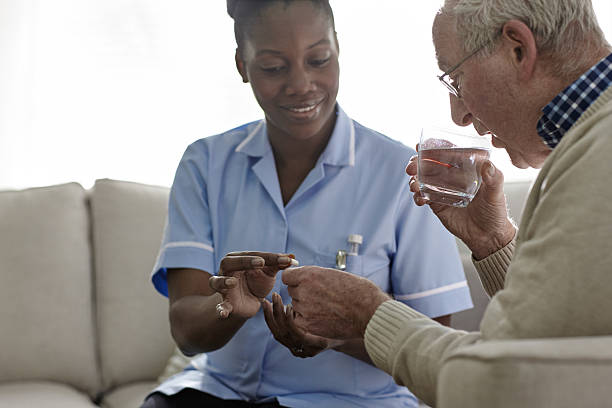Drinking water is good for you, but drinking more doesn’t necessarily mean better.
A Vanity Fair story detailing Chris Pratt’s fitness and nutrition regimen sparked recent concern due to the amount of water he was reported to consume daily.
The original article stated that Chris Pratt drank 200 cups of water per day. Later, the publication amended the article to explain that Pratt drank an ounce per pound of body weight and was recommended by a nutritionist.
Pratt, who weighs 200lbs and above, drinks more than 5.6 liters per day. This amount of water could cause water poisoning, according to some experts.
Water poisoning, or intoxication, as it is also called, was a hot topic over the summer when many people got the unsavory condition after taking the 75 HardTikTok challenge.
The trend encourages people to adopt other extreme fitness and health habits. It also involves drinking 3.7 liters of water a day, which could make you sick.
How much water can you drink before it causes health problems?
It has been shown that drinking water can help with weight loss and increase energy levels. But it is possible to be over-hydrated.
Bari Stricoff is a registered dietitian with WellEasy, and she says that the claim that Pratt drinks more than 5.6 liters per day has “taken her by surprise.”
She says that even if you are active and weigh more than 200 pounds, it’s still a lot of water. Drinking according to the “one ounce per 200 pounds” formula may work for some, but it is not recommended and can be dangerous.
Too much water consumption can cause a condition called Hyponatremia. Hyponatremia, in essence, is an imbalance that occurs when there is a hyponatremium low sodium concentration in the blood.
Stricoff warns that this is dangerous, as sodium is a vital electrolyte that plays a crucial role in maintaining fluid equilibrium, nerve function, and muscle contractions.
“Sodium regulates the amount of liquid inside and outside our cells. When sodium levels in our blood are dangerously low, water is moved from our blood into our cells to balance the concentration. “This influx causes the cells to swell,” explains she.
You can suffer from a number of unpleasant and, in some cases, life-threatening effects when your cells swell. These include:
Chronic hyponatremia can occur if you continue to drink excessive amounts of water over a long period.
Stricoff warns that “consistently low sodium levels over time can have adverse effects. effecHyponatremianclude neurological problems such as headaches and cognitive impairments. In severe cases, there can be neurological damage.
Jane Hutton, nutritionist for The Function Foodie, says that drinking too much can put a strain on the kidneys, and over time, kidney function will decline.
She notes that excessive fluid intake goes beyond the need to go to the bathroom. It can affect fluid concentrations in the cells, the electrolyte balance, and the body’s fluid levels. This puts extra pressure on the renal system.
If we drink more than our kidneys are able to handle, it has to go somewhere. It will end up in the cells and tissues, causing electrolytes to be diluted and affecting how we function.
How much water do you need to drink each day?
Most likely, you’ve heard that you need to consume eight glasses of water or two liters a day. There is no set amount of water that you must drink each day. This is highly personal and depends in part on your lifestyle.
Stricoff, who looked at Pratt’s water consumption habits, says that when deciding the amount of fluid you require a day, it is important to consider your overall lifestyle.
The intensity and duration of Pratt’s workouts and his use of recovery methods such as Saunas and even environmental factors, like heat, can all have an impact on hydration requirements. She notes that if Pratt lived in a hot climate or were on vacation, then he would need to drink more water.
Still, 5.6 or more liters a day is excessive for the majority of people. Stricoff believes that a tailored approach would be best, given the wide range of individual needs.
Consider factors such as your body composition. Stricoff says that “larger individuals or individuals with more muscle mass require more fluids” than smaller individuals or individuals with a high-fat percentage.
You may need to drink more water if you are physically active or live in humid, hot conditions. Certain health conditions like diabetes can also cause increased thirst.
Your diet is one of the most important factors that influence your level of hydration.
Diet and general habits are what tend to determine how much we drink. Hutton explains that if you consume fresh fruit and vegetables, water counts as a part of your daily intake.
If you consume a lot of spicy or salty food, you may find yourself more thirsty.

